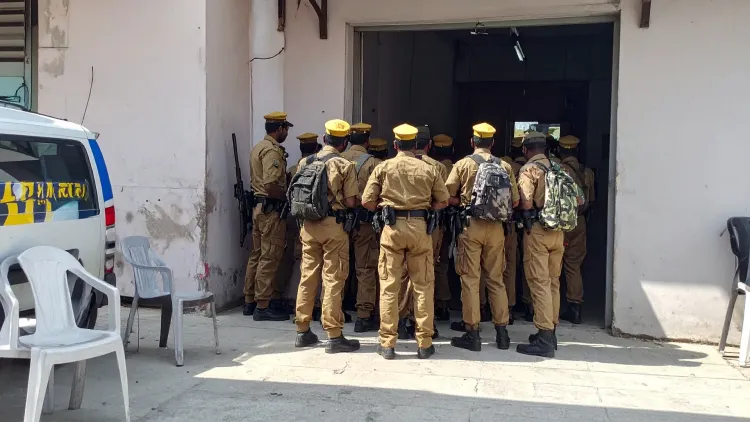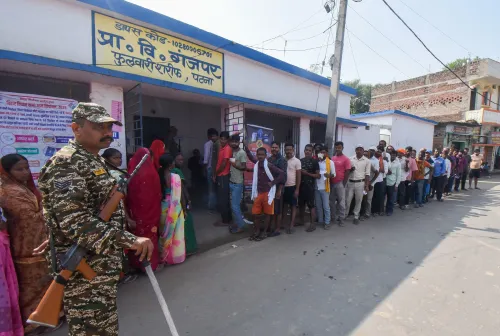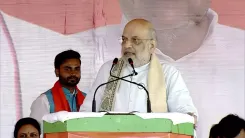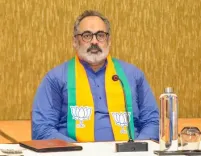Has the J&K government approved the deployment of ex-servicemen to protect critical infrastructure?

Synopsis
Key Takeaways
- 4,000 Ex-Servicemen volunteers mobilized for security.
- Partnership between veterans and civil authorities.
- Focus on protecting critical infrastructure in all 20 districts.
- Non-combatant roles emphasizing security and deterrence.
- Uniforms and equipment supplied by the Sainik Welfare Board.
Jammu, May 17 (NationPress) In a significant advancement towards bolstering community-oriented security and tapping into the expertise of former military personnel, the Sainik Welfare Board of J&K has proposed the engagement of Ex-Servicemen (ESM) to protect essential infrastructure throughout the Union Territory.
A statement from the defence ministry confirmed that the J&K Government has officially greenlit this proposal, paving the way for a remarkable partnership between veterans and civil authorities.
An official disclosed that under the sanctioned initiative, 4,000 Ex-Servicemen volunteers have been earmarked for duty. Notably, 435 of these individuals are equipped with licensed personal firearms, which will significantly bolster the capacity to respond adeptly to localized security challenges.
“These ESM will be tasked with the safeguarding of critical infrastructure in all 20 districts of J&K, including power facilities, bridges, government buildings, and other sensitive locations. This initiative builds on the successful engagement during the Covid-19 pandemic, where 2,500 Ex-Servicemen stepped up to assist the administration. The increase to 4,000 illustrates both the heightened spirit of service among veterans and the confidence placed in them by the government and local communities,” he stated.
He further explained that the ESM volunteers will operate under the guidance of the respective District Sainik Welfare Officers (DSWOs) and will work closely with local police and district administration. Their responsibilities will be non-combatant, centering on static guard tasks, presence-based deterrence, and local collaboration.
Uniforms and essential equipment will be supplied through the Sainik Welfare Board, with logistical assistance from district authorities.
Training and orientation programs are set to be developed to guarantee standardized conduct and efficacy.
This initiative not only leverages the discipline, experience, and dedication of the ESM community but also embodies a model of inclusive and participatory security.
It further solidifies the Indian Army’s legacy of serving beyond combat, making meaningful contributions to civil society and local governance structures in Jammu and Kashmir.









